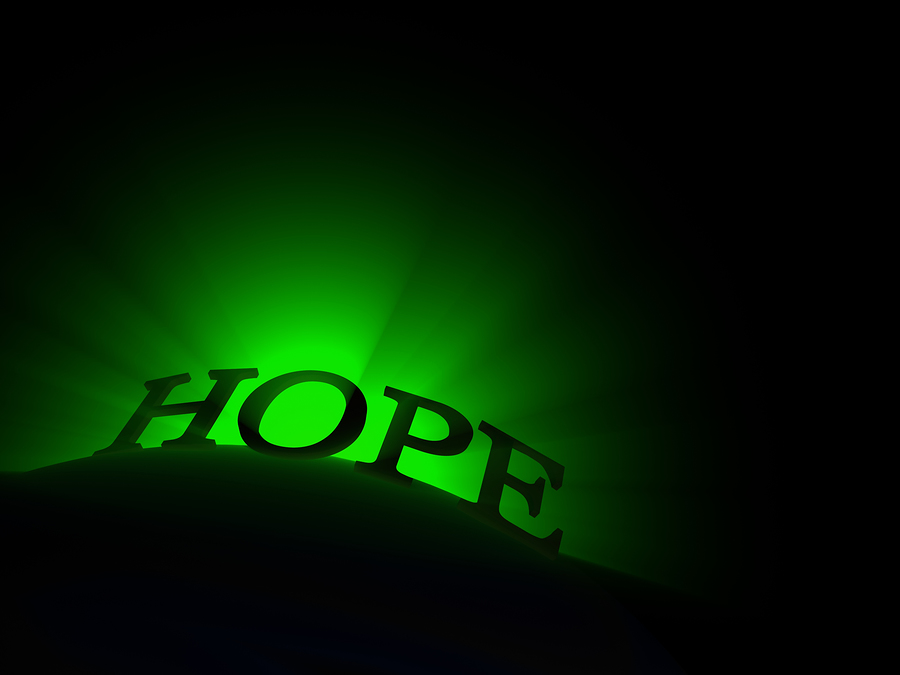In truth, there is hope

My last two posts have been attempts to address matters of race in (largely progressive) public education advocacy circles. Michael Lopez had a very thoughtful response to my post and Sabrina Joy Stevens wrote a powerful post related to the topic.
In the meantime, I have been following the recent conversation between Jonathan Chait and Ta-Nehesi Coates, especially the references to "middle class" norms. I had a brief blog-based conversation with Matt Ygelsias surrounding this topic about three years ago as it has to do with education reform. Though we only talked about poverty and not about race. I remember making a conscious choice not to refer to race in those posts. Yglesias hadn't mentioned race and I guess I felt that my criticisms of his point of view were strong enough without pointing to race. I also wasn't sure that I as a white woman in conversation with a white man should say, your argument is lacking because race. I didn't want to use race as a rhetorical device.
Then commenter @MDS said, "we can not continue this conversation without confronting race." I didn't disagree but I didn't utter any regrets about it either. Now in retrospect I wonder if I was cowardly to not bring up race or if I "failed" to bring up race. I am certain that it was a neglected and necessary part of the conversation.
In any case, I have been drinking up every post that Coates has written lately and especially the posts he has written in response to Jonathan Chait about culture, poverty, and race. I have been so disappointed with Chait's responses and with other posts from white men. But then again, I have always found Chait's writing, especially on education, to be disappointing, so much so that I can hardly stand to read him. Nor do I find that he is particularly progressive or liberal, though I am starting to grow tired of such labels and am finding them more and more to be of limited use. So I started
In the meantime, I have been following the recent conversation between Jonathan Chait and Ta-Nehesi Coates, especially the references to "middle class" norms. I had a brief blog-based conversation with Matt Ygelsias surrounding this topic about three years ago as it has to do with education reform. Though we only talked about poverty and not about race. I remember making a conscious choice not to refer to race in those posts. Yglesias hadn't mentioned race and I guess I felt that my criticisms of his point of view were strong enough without pointing to race. I also wasn't sure that I as a white woman in conversation with a white man should say, your argument is lacking because race. I didn't want to use race as a rhetorical device.
Then commenter @MDS said, "we can not continue this conversation without confronting race." I didn't disagree but I didn't utter any regrets about it either. Now in retrospect I wonder if I was cowardly to not bring up race or if I "failed" to bring up race. I am certain that it was a neglected and necessary part of the conversation.
In any case, I have been drinking up every post that Coates has written lately and especially the posts he has written in response to Jonathan Chait about culture, poverty, and race. I have been so disappointed with Chait's responses and with other posts from white men. But then again, I have always found Chait's writing, especially on education, to be disappointing, so much so that I can hardly stand to read him. Nor do I find that he is particularly progressive or liberal, though I am starting to grow tired of such labels and am finding them more and more to be of limited use. So I started
